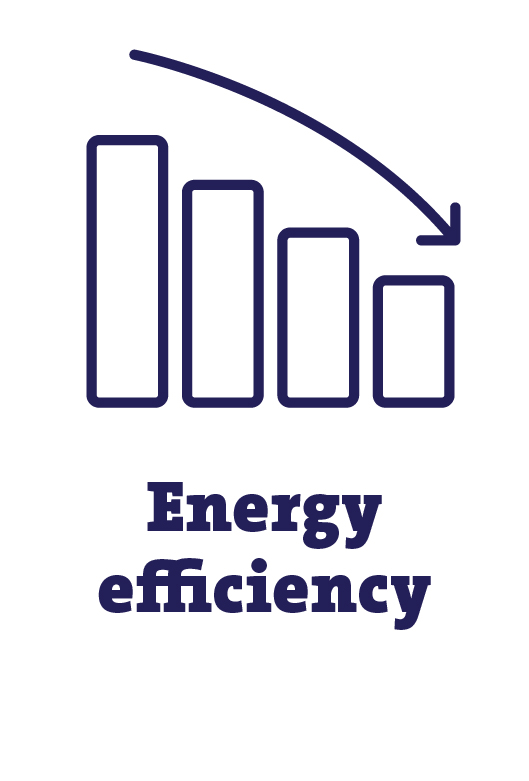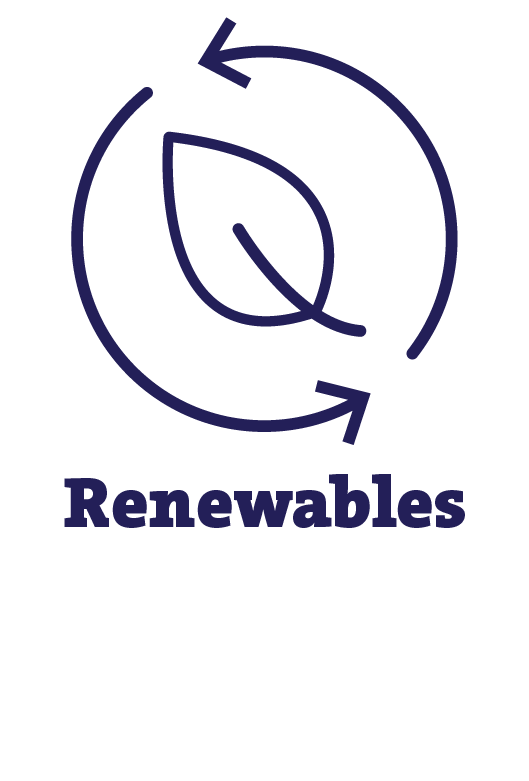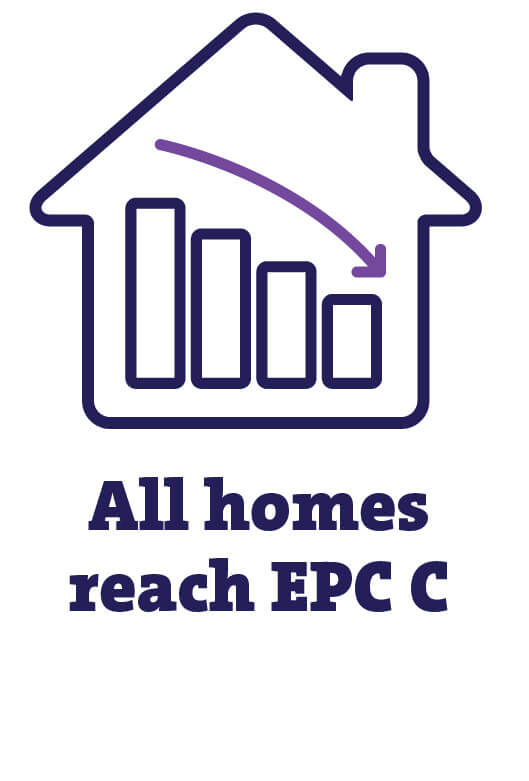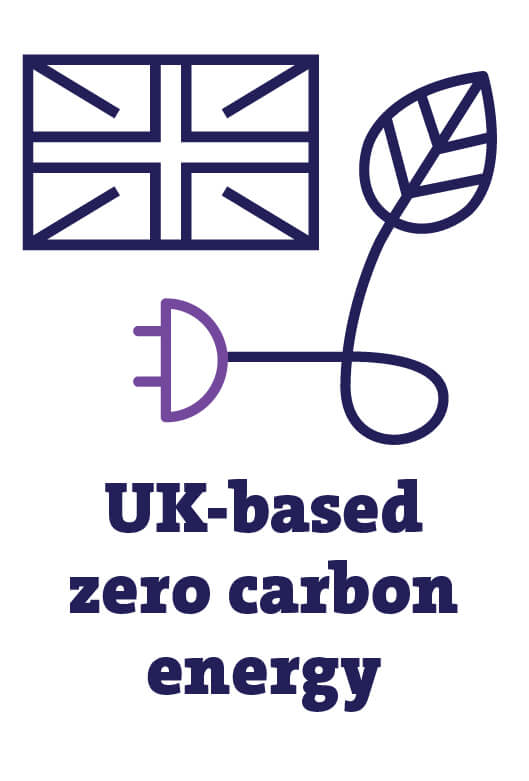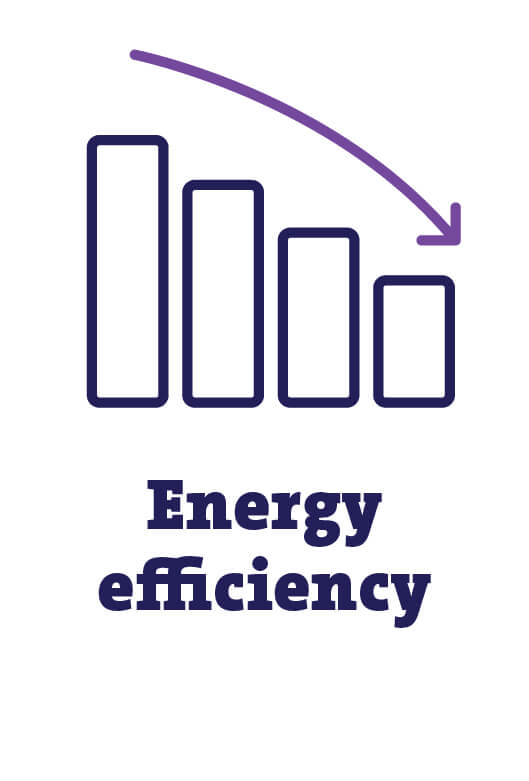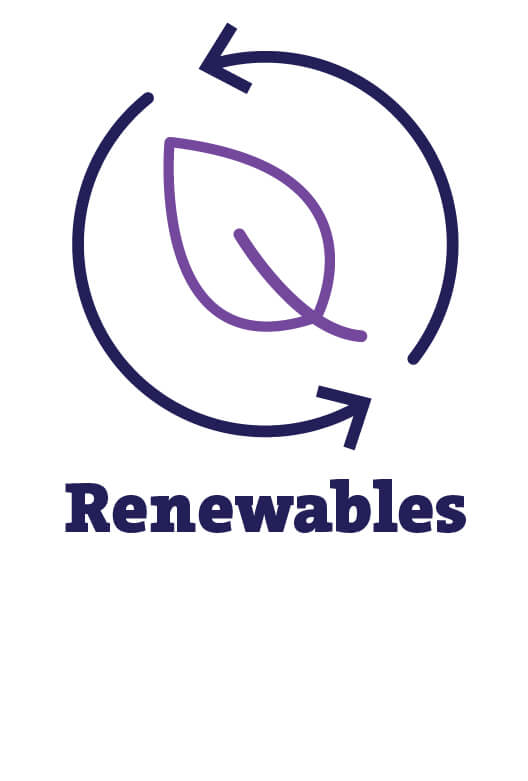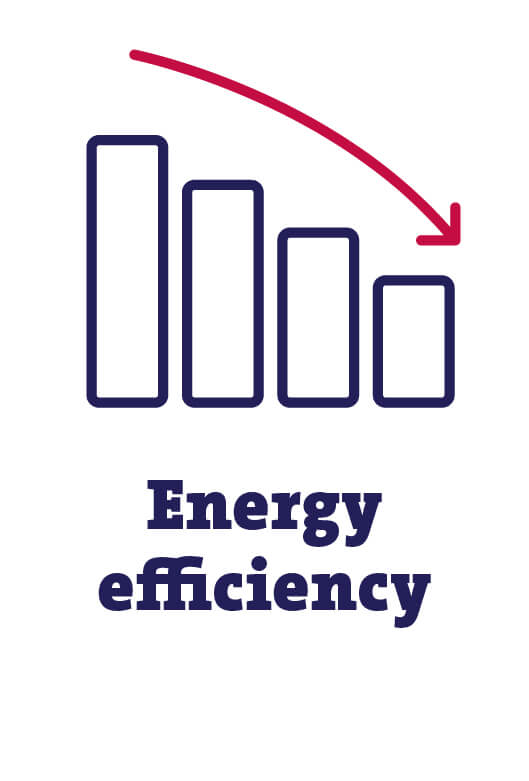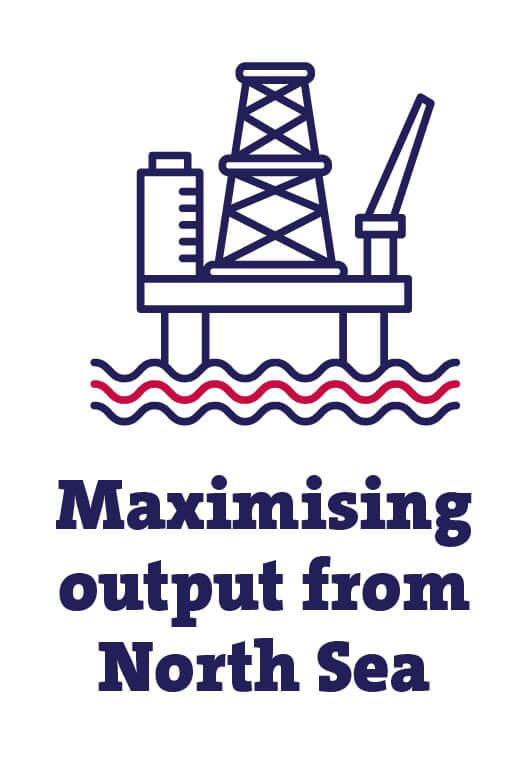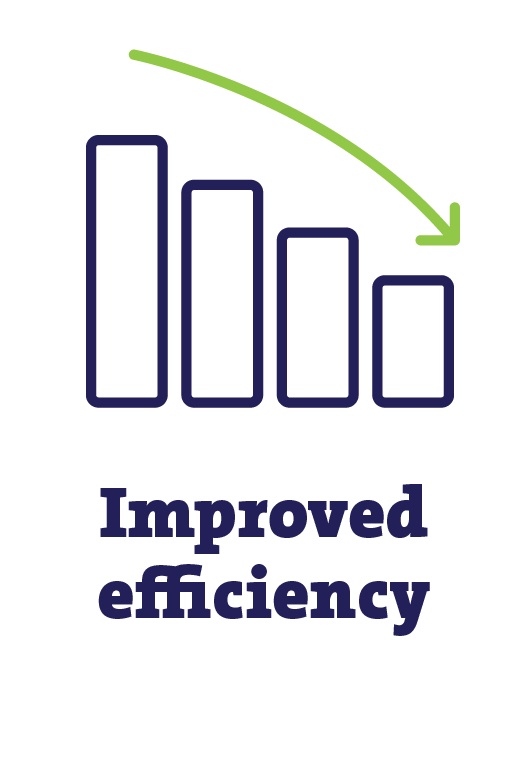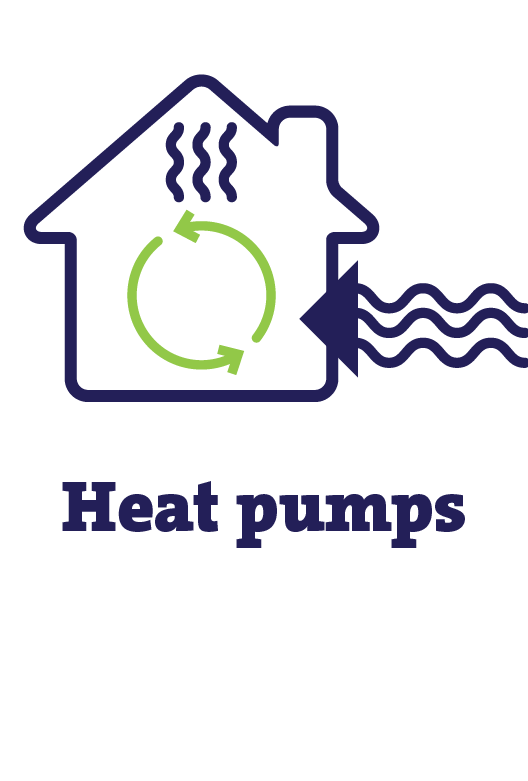The big picture
The 2022 Barometer tells us: There’s a triple energy crisis – UK professionals rank the price crisis as by far the greatest concern, followed by security of supply and the climate crisis. And more believe the current situation will help the energy transition than hinder it.
Each year the Energy Barometer survey asks Energy Institute (EI) members in the UK to identify the biggest challenges facing the energy industry, allowing us to monitor concerns over time. Not surprisingly, the top three challenges identified by respondents this year reflect the current worldwide triple energy crisis. UK professionals rank the energy price crisis (including price volatility and affordability) as the biggest challenge. The transition to a low-carbon energy system was ranked second, and supply security third. Sustainability and climate change (including the net zero target) was ranked as the joint 6th biggest challenge. Nearly half (47%) of respondents believe that the upward trend in energy prices will help, not hinder, the energy transition. Nevertheless, as shown later in the report, they are concerned about the impact of the rising prices on households and businesses.
Energy prices and security have consistently been identified as challenges in previous years but now rank significantly higher than last year when they were not in the top 10. Sustainability and climate change has changed places with low-carbon energy, perhaps suggesting a greater emphasis on low carbon supply sources as opposed to wider sustainability and climate targets.
Biggest challenges
| Rank | Challenge | Change since 2021 |
|---|---|---|
| 1 | Energy price crisis | up 19 |
| 2 | Low carbon energy | up 4 |
| 3 | Supply security | up 13 |
| 4 | Energy policy | down 2 |
| 5 | Investment and cost | down 1 |
| =6 | Public engagement / acceptance | up 1 |
| =6 | Sustainability and climate | down 3 |
| 8 | Energy demand and efficiency | up 1 |
| 9 | Whole system thinking and long term planning | down 1 |
| 10 | International factors | up 13 |
| Rank | Challenge | Change since 2021 |
|---|---|---|
| 1 | Energy price crisis | up 19 |
| 2 | Low carbon energy | up 4 |
| 3 | Supply security | up 13 |
| 4 | Energy policy | down 2 |
| 5 | Investment and cost | down 1 |
| Rank | Challenge | Change since 2021 |
|---|---|---|
| =6 | Public engagement / acceptance | up 1 |
| =6 | Sustainability and climate | down 3 |
| 8 | Energy demand and efficiency | up 1 |
| 9 | Whole system thinking and long term planning | down 1 |
| 10 | International factors | up 13 |

"With dramatic cost reductions in clean energy and the wake-up call of spiralling gas prices, the Barometer recognises the solutions to our problems are now more aligned than ever before. Energy efficiency, delivered in an innovative way, and cost-effective renewable power offer Britain’s consumers, its economy and the planet an exit strategy from this energy crisis."
- Juliet Davenport OBE HonFEI, President, Energy Institute
The 2022 Barometer tells us: Energy efficiency is ranked by 44% of respondents as the key priority medium - and long-term response to the triple crisis - more than any other option - followed closely by building out renewables. Support is lower for new nuclear and new domestic oil and gas production. Reducing demand is the most popular option for ending imports of Russian oil.
"What are the most important action areas for the UK Government’s crisis response for the medium to long term?"
The 2022 Barometer tells us: But the demand side is neglected by recent government policy. 70% don’t see existing energy efficiency policies as having any positive effect over the past year. Nine in ten see fuel poverty policy as failing.
The past year has witnessed some new policies and initiatives aimed at improving energy efficiency of UK buildings, including the Heat and Buildings Strategy, the Social Housing Decarbonisation Fund and the expansion of the Energy Company Obligation. However, only a third of the survey participants think that UK energy policy has had a positive impact on this area in the last 12 months. 7 out of 10 indicated there was either no policy effect, or a negative effect, in improving energy efficiency.
This follows a decade of neglect or poorly designed policies in this area: including a series of home insulation initiatives which under delivered (2013’s Green Deal or 2020’s Green Home Grant), delays to the market-wide smart meter rollout, and sluggish take up of heat pumps. The UK Committee on Climate Change, in their 2021 Report to Parliament, confirmed that home insulation rates remain well below their pre-2012 peak, when key policies were scrapped. According to Carbon Brief, had those efficiency and climate policies not been scrapped by the Government in 2012, current household energy bills in the UK could have been lowered by £2.5bn. While the British Energy Security Strategy name-checked energy efficiency, it added no new policies. Similarly, policy announcements since the survey was conducted have added nothing substantial to the policy mix supporting energy efficiency.
The UK Climate Change Committee (CCC) in its 2022 Progress Report to the Parliament, concluded that despite the UK Government’s ambitious Net Zero strategy, necessary policies are not yet in place to meet the targets, especially on energy efficiency of buildings and land use. The corresponding monitoring framework shows, of 10 policies related to energy use in buildings, none are on track, or it is too early to say; energy efficiency retrofit is considered significantly off track. The CCC points out that although the Energy Security Strategy recognised energy efficiency as the solution to high energy bills as well as decarbonisation, it failed to address the policy gap in this area.

"The financial relief being provided ahead of this winter is welcome temporary help, in particular for those on the lowest incomes. But there’s a permanent fix, and it’s called home energy efficiency. It fixes bills, the climate and our import dependency. This is the eighth annual Energy Barometer and the eighth year in a row that the UK’s energy professionals have appealed for sustained action on energy efficiency. It can address all three crises simultaneously and permanently"
- Dr Joanne Wade OBE FEI, EI Trustee and Chief Strategic Adviser to the Association for Decentralised Energy
Among the areas worst affected by policy according to respondents are reduction of fuel poverty, security of energy supply and simplification of energy taxation. The areas which are seen as most positively impacted by UK energy policy are renewables, low carbon transport and nuclear.
Sentiment on all key areas of energy policy has remained static or declined in comparison to last year, except for supporting delivery of new nuclear power stations. 50% of respondents indicated energy policy has had a positive effect on this area compared to 37% in last year’s survey. This may be due to positive signals from ministers over the twelve months leading up to the survey about scaling up the UK’s new nuclear ambition beyond the current build at Hinkley Point C. Since the survey was opened, the Energy Security Strategy has committed to additional roll out of nuclear.
What effect do you think UK energy policy has had on each of the following areas in the last 12 months?
'Not sure' removed, results ordered by weighted net score.
The need to support all of these technologies with the necessary human capital and skills is a consistent message from successive Energy Barometers, and even more so in the context of the heightened crisis facing energy. When asked this year where support should be focussed, a strong majority of the respondents (71%) point to green jobs in the home and building sector as a priority for the UK Government to underpin long-term solutions. This is followed by creating jobs in power (44%) and enabling decarbonisation of sectors (44%), as well as in business and industry (41%).

The current crisis adds further urgency to the transition that’s under way. And that’s creating exciting opportunities both for the existing workforce and new entrants. Government and all of us in the sector need to work together to support those migrating between parts of the industry and attract diverse new talent, so we represent and benefit from all of our diverse society. Without these people the energy transition cannot be achieved at the necessary pace. Supporting this effort is a key part of the Energy Institute’s role.
- Dr Nick Wayth, CEng FEI FIMechE, Chief Executive, Energy Institute
